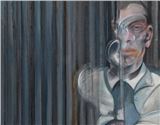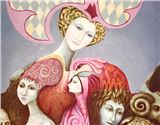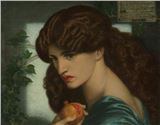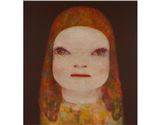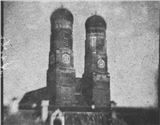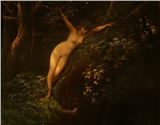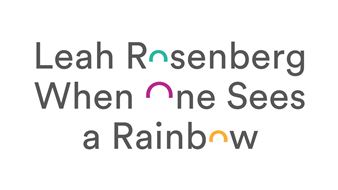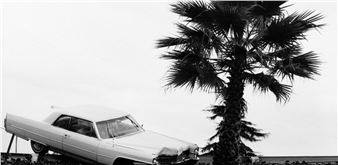RegeneraciĂłn: Three Generations of Revolutionary Ideology
These groups and sites of production were incubators for transnational political thought and forms of resistance that linked Mexico and the United States from the site of Los Angeles, stimulating the creation of journals, print media, plays, music, film, satirical cartoons, drawings, performances, and poetry, and contributing to the convergence of art, community, and politics across the span of one hundred years. Tracing political and artistic modes of cultural production rooted in counter-hegemonic practices within Latino communities in Los Angeles in the twentieth century, Regeneración: Three Generations of Revolutionary Ideology aims to shed light on nuanced aspects of Southern California’s regional history.
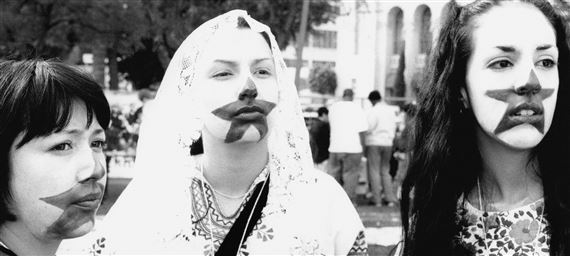
Recommended for you
These groups and sites of production were incubators for transnational political thought and forms of resistance that linked Mexico and the United States from the site of Los Angeles, stimulating the creation of journals, print media, plays, music, film, satirical cartoons, drawings, performances, and poetry, and contributing to the convergence of art, community, and politics across the span of one hundred years. Tracing political and artistic modes of cultural production rooted in counter-hegemonic practices within Latino communities in Los Angeles in the twentieth century, Regeneración: Three Generations of Revolutionary Ideology aims to shed light on nuanced aspects of Southern California’s regional history.
Contact details

Related articles
Political art-making and organizing have continued unabated for over a century in Los Angeles, starting with an influential newspaper by two anarchist Mexican brothers.

 ARTISTS
ARTISTS
